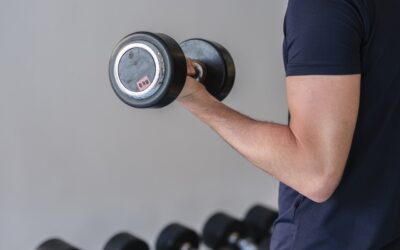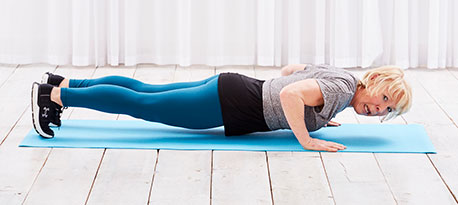Last week, I paid one of my regular visits to the chiropractor. While one of her bony elbows was digging into my glute (she called it “releasing”) I remarked (through quick breaths akin to childbirth) that I had been feeling very tired lately. “Well stop hiking up those hills and sit and read a book like the rest of us” she guffawed. Then she said “Maybe you need more iron”. I sat bolt upright (elbow still in glute). I’ve been too busy, I thought, spreading the love for Vitamin D (not to mention good fat, slow carbs and oodles of protein) that I haven’t given iron so much as a second look.
If we don’t have enough iron, the body struggles to effectively transport oxygen round the body, leaving us fatigued physically and mentally. Iron is also vital for upholding the immune system and for building new cells. Aside from tiredness, an alarming list of symptoms for low iron includes shortness of breath, pale skin (especially inside the lips or lower lids), headaches, heart palpitations, a sore tongue, brittle nails, cold hands and feet and dry hair. After a quick spot check in the mirror, I concluded my iron levels are fine and dandy, that I was just plain knackered and should stop getting sucked into Instagram when I go to bed.
The RDAs are 8.7mg per day for adult men, 14.8mg for menstruating women and 8.7mg for those of us free of that malarkey. Good sources that all of us can eat (carnivore or vegan) include lentils, spinach (both providing 3.5mg per 100g cooked), beans, tofu, cashew nuts, dried apricots, cooked quinoa, kidney beans (4.1mg for a 50g portion!) and amazingly oats have 4.25mg per 100g. Liver is well known for its capacity to fill our iron coffers (a whopping 23mg per 100g) but you’d have to pay me to eat it.
Absorption of iron in the body is helped along by eating foods rich in vitamin C with your meal. So broccoli with your steak, a kiwi fruit after your tofu and spinach curry or add sliced peppers to your bean chilli. If you suspect your iron levels are low, do check with your GP first before buying a supplement. They can sometimes bung you up so go for one which doesn’t cause constipation.




